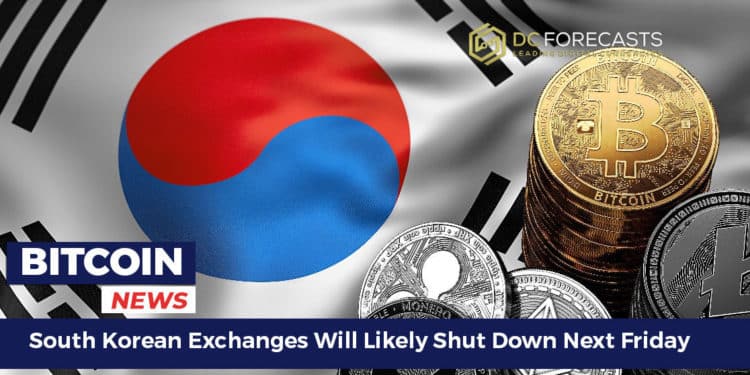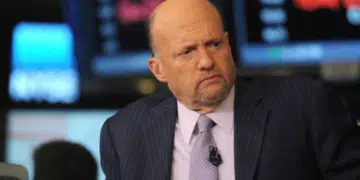New information in the crypto news shows that the majority of the South Korean exchanges will likely shut down by next Friday due to their operators’ inability to meet the stringent new rules from the country and its financial watchdog.
As the info shows, by September 24th it is expected for all exchanges to obtain licenses from financial and Internet regulators. As of Monday, only 28 exchanges had received certification from the Internet and Security Agency of Korea (KISA) about the first step to obtaining final approval from the Financial Services Commission (FSC). However, the remaining 35 exchanges are unlikely to be able to comply with the looming deadline, said the FSC.
For many years, the crypto industry has “lobbied to have clear regulatory frameworks” as Henri Arslanian (a partner at PwC in Hong Kong) said. He discussed the topic and noted that plenty of crypto leaders welcome straightforward rules because “operating in gray areas makes running the business challenging, from fundraising to opening bank accounts.”
However, the rapid closure of South Korean exchanges – at least half of them – could pave a way for crypto monopolies to emerge, harming ordinary investors. In addition to this, regulators say that crypto scams in the country are becoming bigger and tend to happen more often. Reports show that crypto related frauds increased by 42% in 2020, and several crypto exchanges including Bithumb and Coinbit have been part of them.
In addition to the new rules, the government decided to set up a new bureau that will work under the FSC, supervising the country and its digital assets. Regulators are seeking tighter control now for some of the same reasons – with the main one being to stop financial crime and improve investor protection.
The latest news show that only four of South Korea’s top platforms including Upbit, Bithumb, Coinone and Korbit, have submitted their registrations to the FIU and secured both bank partnerships and certification from the Internet regulator.
buy stendra generic buy stendra online no prescription
“The abundance of overseas options for centralized exchanges, and the massive growth of decentralized exchanges shows that the options offered to traders are increasing, not decreasing. Tightened rules mean that only the less compliant and less prepared platforms will be killed off,” says Justin d’Anethan, head of sales at Eqonex.
DC Forecasts is a leader in many crypto news categories, striving for the highest journalistic standards and abiding by a strict set of editorial policies. If you are interested to offer your expertise or contribute to our news website, feel free to contact us at [email protected]






















Discussion about this post